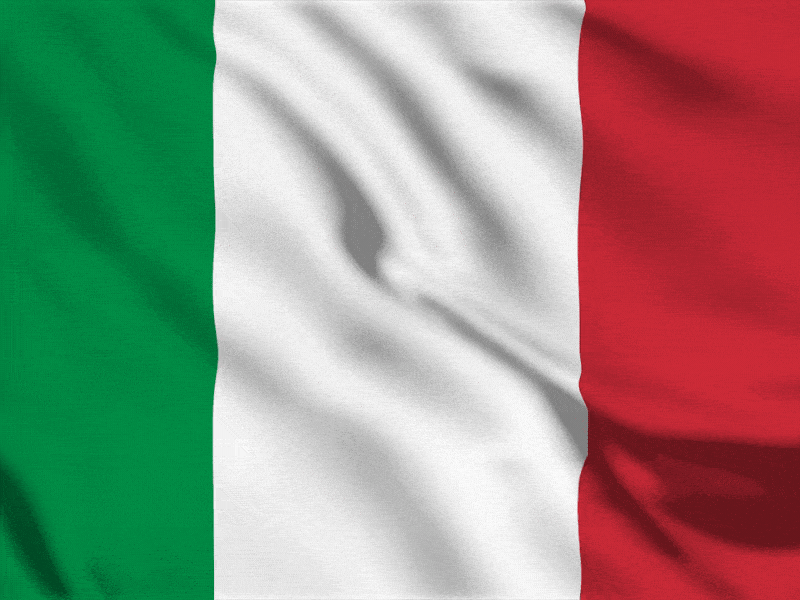
Study in Italy
The question of why one should consider studying in Italy is significant. The country boasts a highly regarded education system, featuring numerous prestigious academic institutions that offer a diverse array of subjects. Italy has historically been a pivotal player in the evolution of higher education across Europe. Students in Italy acquire invaluable insights not only through formal education but also through the rich experiences of daily life in this vibrant and remarkable nation. Regarding the structure of the education system in Italy, it is divided into two main cycles: the First Cycle includes Bachelor’s degrees, which typically last three years, and Single-cycle degrees, which span five to six years. The Second Cycle encompasses Master’s degrees, generally requiring two years of study, as well as 1st Level vocational master’s programs. Concerning international tuition fees, they typically range from €2,000 to €4,000, varying by university and specific course of study. In terms of employment opportunities, part-time and full-time jobs in Italy are comparatively limited when juxtaposed with other European nations such as France and Germany. Proficiency in the Italian language, along with a strong command of English, is essential, and part-time positions are scarce. After graduation, if one successfully secures employment, there is a possibility to transition from a student visa to a work visa. The documentation required for visa processing includes a passport, passport-sized photographs, an admission letter (which is crucial), insurance, travel tickets (one-way), a pre-enrollment procedure, a declaration of value, and proof of accommodation.
Italian culture is profoundly influenced by ancient civilizations that thrived on the peninsula for over a thousand years, leaving a lasting legacy in the realms of art, law, and customs. Through a blend of tradition and innovation, Italy emerged as a pivotal center for visual arts, music, poetry, and literature, maintaining a significant impact on the cultural and societal landscape of Europe.
Currently, Italy is recognized as one of the eight most industrialized nations globally. In addition to large corporations, both state-owned and private, the country has cultivated a robust network of small and medium-sized enterprises, established scientific parks, and encouraged both fundamental and applied research across diverse disciplines, including biology, information and communication technology, medicine, physics, and space science.
The achievements of Italian scholars, physicians, chemists, writers, and economists are underscored by the 20 Nobel Prize laureates since 1906, highlighting the global acknowledgment of their contributions in various fields such as medicine, chemistry, literature, and economics.
The warmth of Italian hospitality, the quality of life, and the excellence of its educational institutions have established Italy as an attractive destination for both living and studying.
Italian culture is profoundly influenced by ancient civilizations that thrived on the peninsula for over a thousand years, leaving a lasting legacy in the realms of art, law, and customs. Through a blend of tradition and innovation, Italy emerged as a pivotal center for visual arts, music, poetry, and literature, maintaining a significant impact on the cultural and societal landscape of Europe.
Currently, Italy is recognized as one of the eight most industrialized nations globally. In addition to large corporations, both state-owned and private, the country has cultivated a robust network of small and medium-sized enterprises, established scientific parks, and encouraged both fundamental and applied research across diverse disciplines, including biology, information and communication technology, medicine, physics, and space science.
The achievements of Italian scholars, physicians, chemists, writers, and economists are underscored by the 20 Nobel Prize laureates since 1906, highlighting the global acknowledgment of their contributions in various fields such as medicine, chemistry, literature, and economics.
The warmth of Italian hospitality, the quality of life, and the excellence of its educational institutions have established Italy as an attractive destination for both living and studying.
Tuition fees at most universities are generally quite low due to substantial public financial support. International students have access to the same student assistance services as their Italian counterparts, which include scholarships, dining facilities, and accommodation. However, there is a cap on the number of foreign students admitted. Each university maintains a Tutor Office to address inquiries regarding scholarships and student assistance services. International students qualify for these services based on the same criteria of financial need and/or academic merit, which encompasses scholarships, student loans, housing support, meal vouchers, and fee exemptions.
These services are overseen by the DSU office (Diritto allo studio universitario).
In addition to information on scholarships and financial aid, DSU offices offer various other services, including counseling and guidance on extracurricular activities, sports, transportation, and other practical concerns.
The Italian Ministry of Foreign Affairs also provides scholarships for international students aiming to study in Italy. These scholarships are available for universities, academies of fine arts, art restoration institutes, music conservatories, the National School of Cinematography, and research centers.
Prospective candidates are encouraged to reach out for details regarding application deadlines and procedures.
Tuition fees at public universities range from €400 to €2,000 annually, whereas private universities tend to be more costly, with tuition fees approximately €10,000. Regarding living expenses, taking into account academic considerations…
